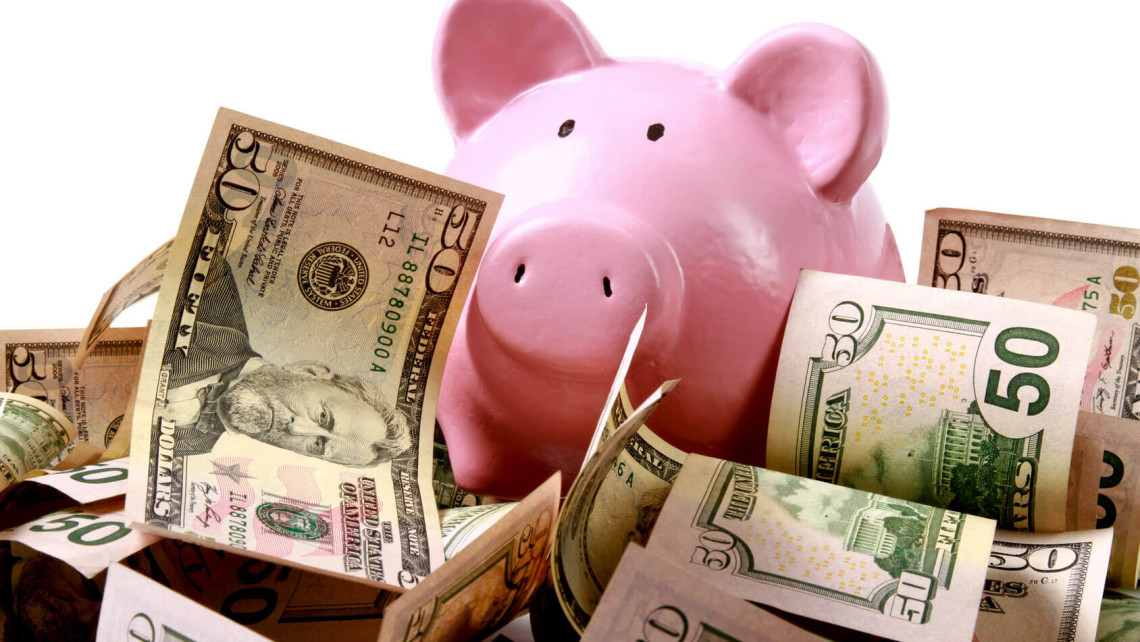
It’s never too soon or far too late to begin saving.
Saving is a great discipline and something to help you achieve not only your short-term wants (a vehicle, TV or holiday) however your lengthy-term financial targets too (investments and finally financial independence).
Why Save?
Not so long ago, people saved for things before they could purchase them. However, we’ve progressively drifted from being savers to spenders and finding yourself in debt, because of the easy accessibility to credit. For most people, their expenditure is much more than their earnings, which ensures they are using credit to buy things. Put one other way, they’re using tomorrow’s earnings to finance today’s consumption.
But another and strategy is to reside in your means and save for what you want, particularly consumable products. While rates of interest are low it might appear like smart to buy what you would like now and pay it off later. Regrettably, using the possible exception of housing, most products purchased are what is known as depreciating products or assets, where the need for the great decreases with time. If the item continues to be purchased on credit, its likely that when the product continues to be compensated off, the need for the great is way under if this was purchased.
Additionally, there’s usually been interest fees put on the borrowed funds, meaning the particular price of the product winds up being way over the first purchase cost. Would not it be easier to save the money for that item, save money on the eye expense and become inside a better negotiating position to acquire a discount because you will be having to pay in cash?
How you can Save
The simplest way to begin saving would be to have this happen instantly with little or any effort needed. You can do this by creating a unique checking account, preferably one which you cannot access easily or penalizes you, for instance with lower rates of interest, for withdrawals.
Then setup a computerized transfer to maneuver a set fee out of your regular account into this latest checking account. Or else you could possibly call your payroll department about getting your salary compensated into two accounts, your family as well as your checking account.
Just How Much Must I Save?
Just how much in the event you put in your checking account? It’s entirely up to you! A great guideline is 10% of the earnings, however, you can alter this figure to match you. 10 % may well be a bit much to start with, especially if you have outstanding debt. Begin with anything you can easily afford to start with. This percentage can invariably be elevated with time.
Be familiar with all areas of your earnings which could include overtime, commissions, bonuses, tax statements, cash gifts, sales of assets and myriad other activities. In case your automatic transfer only transfers a set fee of the fixed base salary every pay cycle, you might have to by hand transfer your percentage add up to your checking account on any extra earnings.
Make use of the miracle of compound interest. It’s stated that Albert Einstein known it as being the eighth question around the globe. This is where you begin earning interest in your formerly earned interest, although its most dramatic effect is after a longer time of saving.
Eventually you may consider establishing a quantity of savings accounts like a consumable products checking account (there’s that TV, vehicle and holiday i was speaking about) and just what you might like to call your “wealth account”. Here’s your investing account and where you buy earnings producing assets.
Just how much you get doesn’t have effect on what you can do in order to save. It isn’t about how exactly much you get, it’s that which you use that which you earn that’s important. The thing is, it does not matter just how much it will save you or when you begin saving, what matters is you start.









